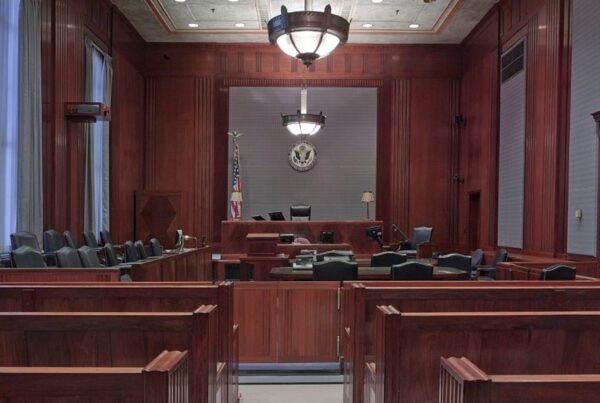An “as is” contract is a contract where the product or property is sold in its current condition. This means that the buyer is purchasing the item without any warranties or guarantees from the seller regarding the quality, or performance of the item.
This, however, does not give sellers a free pass to fraudulently lie to buyers regarding known conditions that, if revealed, would be material to the buyers’ decision to purchase the item.
In fact, “law in Florida is well settled that a party may not contractually thwart liability for its own fraud. Fraud is an intentional tort and thus not subject to the cathartic effect of the exculpatory clauses found in contracts.” Burton v. Linotype Co., 556 So.2d 1126, 1127 (Fla. 3d DCA 1989) (emphasis added).
Furthermore, it is “well settled that a party can not contract against liability for his own fraud.” Oceanic Villas, Inc. v. Godson, 148 Fla. 454, 458 (Fla. 1941) (emphasis added).
Even the “existence of a merger or integration clause, which purports to make oral agreements not incorporated into the written contract unenforceable, does not affect oral representations which are alleged to have fraudulently induced a person to enter into the agreement” (emphasis added).
Therefore, the case decisions in Florida have clearly established that an “as is” clause cannot bar claims of fraud. See Burton, 556 So.2d at p. 1127; see also Oceanic Villas, Inc., 148 Fla. at p. 458; see also Mejia, 781 So.2d at p. 1178.
It is important to note that proving fraud is not necessarily simple. The elements of a fraudulent concealment claim are:
(i) The defendant concealed or failed to disclose a material fact
(ii) The defendant knew or should have known the material fact should be disclosed
(iii) The defendant knew its concealment of or failure to disclose the material fact would induce the plaintiff to act
(iv) The defendant had a duty to disclose; and (v) the plaintiff detrimentally relied on the concealed information. See Philip Morris USA Inc. v. Principe, 337 So.3d 821, 827 (Fla. 3d DCA 2021).
For more expert legal guidance on civil trials, fraud claims, or contract disputes, contact one of our experienced civil trial attorneys at 305-570-2208. You can also email our lead attorney Eduardo directly at eduardo@ayalalawpa.com.
We at Ayala Law PA are passionate about helping those in legal need, so please don’t hesitate to schedule a case evaluation with us online here.
Subscribe to Our Blog
Stay informed with our latest blog posts delivered directly to your inbox. Gain valuable legal insights, tips, and advice from our seasoned attorneys.







